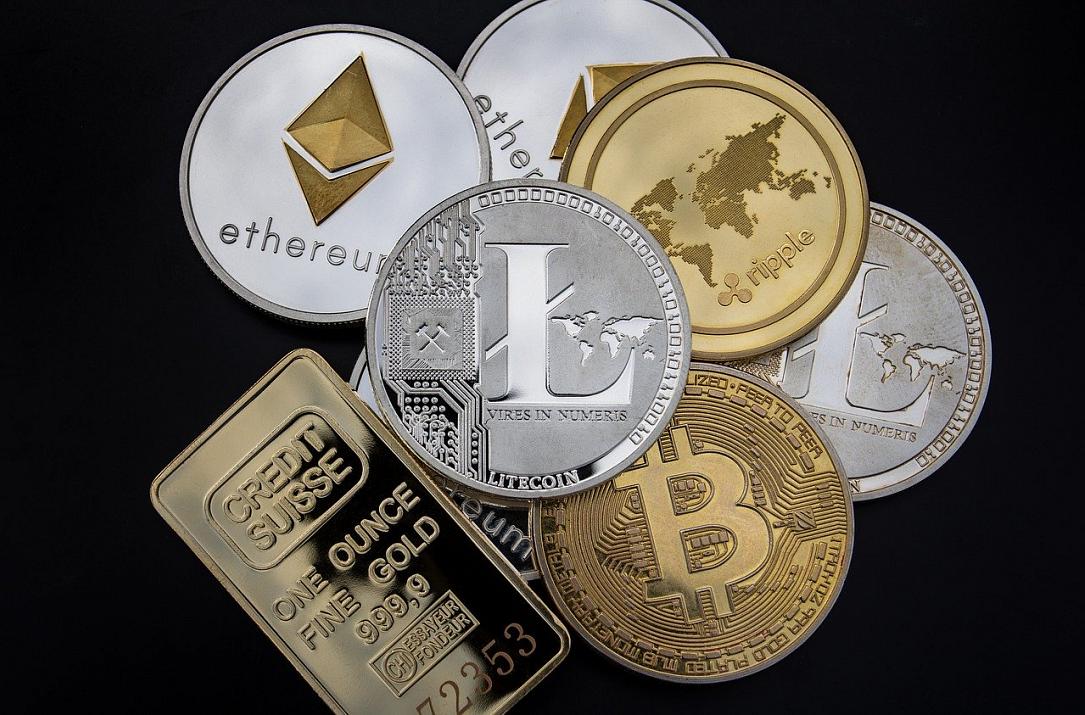Does Bitcoin affect the economy? (press release)

Many early critics described Bitcoin as a pipe dream and an obscure invention that would soon die out. Others also said it is a financial disruptor that will destabilize global markets and the economy. However, Bitcoin has proven all critics wrong, with significantly increasing prices and adoption rates worldwide. Bitcoin is now an ideal payment method and investment tool, embraced by merchants, investors, and individuals around the globe.
As of 2019, Bitcoin had more than 7.1 million active users worldwide. It also accounts for over 50% of the entire cryptocurrency market capitalization. Bitcoin has revolutionized various economic sectors in unique ways, directly and indirectly. That indicates Bitcoin's significant potential for impacting the global economy. Here are the main ways Bitcoin impacts the economy.
New Tech-based Economic Opportunities
Bitcoin has generated several new economic opportunities that never existed with the traditional fiat currencies. It has facilitated the proliferation of cryptocurrency exchange platforms such as Brexit Millionaire, enabling investors, traders, and individuals to profit by buying and selling crypto. Bitcoin has also created opportunities for cryptocurrency miners, consultants, mobile app developers, and merchants, offering crypto-based solutions.
Several companies have developed unique products and services around Bitcoin. Some are also exploring blockchain integration for enhanced operational efficiency, supply chain management, and inventory management. That enables businesses to increase profitability while also driving growth across multiple global economic industries.
Bitcoin's stellar performance over the recent years has also inspired investors to add crypto to their portfolios. Bitcoin's increasing value and decentralization make it a highly profitable, safer, and efficient investment. Bitcoin enables investors to boost cumulative returns with minimal volatility impacts, ensuring a better hedge against inflation.
Reduced Transactional Costs and Delays
Decentralization means cryptocurrencies are not subject to political influence or regulatory authorities. Thus, using Bitcoin eliminates the need for go-betweens or intermediaries in financial transactions. It facilitates peer-to-peer transactions without third-party interventions. One of the main benefits of such a setup is relatively lower transaction fees than credit cards, bank remittances, and wire transfers.
The lack of intermediaries in Bitcoin transactions also reduces the payment processing durations. Unlike international bank transfers that could take several hours or days, Bitcoin payments last a few minutes to complete. That ensures money gets to those who need it promptly, promoting economic growth in parts of the world without access to banking services.
Bitcoin users also do not need bank accounts but a smartphone or computer and internet access to transact. That contributes to greater convenience, allowing people to avoid the bureaucracies and colossal transaction costs of traditional payment methods.
Increased Financial Inclusion
Banks and money processors have been the custodians of financial transactions for centuries. However, there still exists more than 2 billion unbanked populations worldwide. Those people increasingly find it difficult to transact with the rest of the world due to their inaccessibility to banking and other financial services, encouraging poverty.
Bitcoin offers the best solution to increasing global financial inclusion. Its decentralization enables users to send and receive payments worldwide. Besides, it does not limit the users' transaction amounts or frequency. Bitcoin users need a digital wallet only to trade and secure investments globally.
The lack of intermediaries in Bitcoin transactions also gives users high-level autonomy in managing their wealth. Bitcoin payments are more transparent, secure, faster, and affordable than conventional payment systems. That also encourages foreign investments, driving global economic growth and development.
Although people still have mixed reactions to Bitcoin's impacts on the economy, there is sufficient proof of its tremendous potential in driving global economic growth. This article has explained how Bitcoin affects the economy, including new tech-based economic opportunities, reduced transactional costs and delays, and increased financial inclusion.
This is a Press Release. Here you can order press releases on this site.












